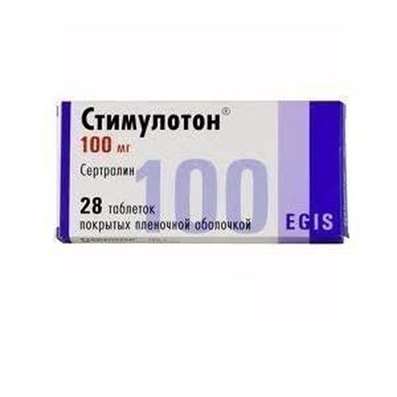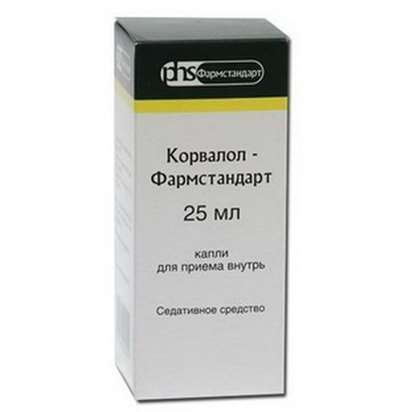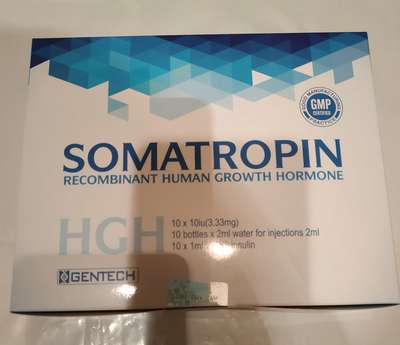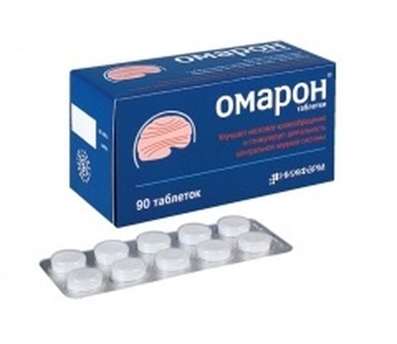FAQ: The material Basis of Memory
28 Oct 2016
5 facts about the generation of memory, depending on its memory and protein molecule between nerve cells
One of the biggest mysteries of neuroscience - is the question of what happens during training. We all know that every animal and the person can learn something. And some material traces of this have to stay in our brain. Psychologists, unfortunately, describe these processes differently than physiologists, and try to describe the mind as some sort of independent entity. Physiologists same, revealing the brain, in the position of those physicists who open the radio, see all the details, can register the sound, but they're actually the music will never see it because it's not there. So our brain produces thought, but in the brain it is not.
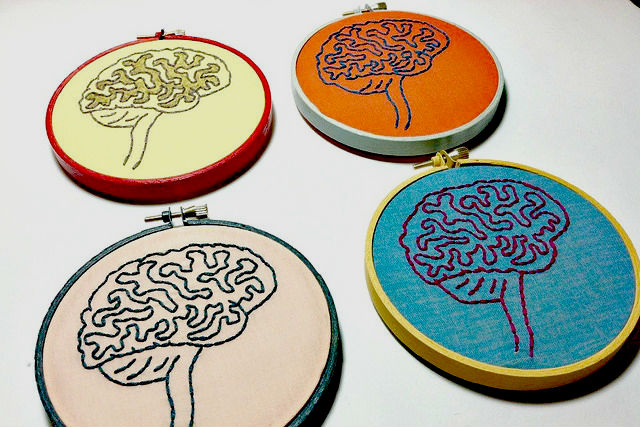
For improving memory process, I recommend to buy nootropics: Peptides Pinealon, Phenotropil, Noopept, Vinpotropile, Cytamine Cerebramin.
- 1.Generating ideas
However, unlike the radio receiver in the brain exactly have any traces that remain. For example, when we hear a tune ever before, we have a memory of this music. And if we hear the first few bars of it, and then the music stopped, we will in his brain will reproduce the next few cycles. That is somewhere in the brain, we have tangible traces of what we have heard, what happened to us. And those looking for traces of scientists for thousands of years. The very first theory of memory, which originated three thousand years ago, was the idea of the brain as a set of clay tablets on which were recorded something, then they folded and removed as needed. But in reality, no material traces discovered by scientists almost never fails. Moreover, there are several hypotheses talking about that every time the memory is generated. Every time he heard the familiar music, we do not just reproduce it from memory, but we generate.
- 2.The dependence of memory from proteins
Our memory is based on some very complex processes, understand the material basis of which - one of the problems of modern neurophysiology. And the approach to it is extremely difficult. Until 2006, among scholars there was a certain pessimism associated with what exactly it was found that our memory is dependent on proteins. It was shown on almost all animals by blocking protein synthesis - thus formed short-term memory, long term and is not formed. If we will teach something to an animal or a human and block the synthesis of proteins in the two or three hours, then at the end of this period, it appears that he does not remember anything. That is, new proteins must be synthesized in order to have formed and preserved some memory. But the problem is that while protein life - days, at most a week, and only a few proteins live a little longer. 98% of all proteins are degraded within 3-4 days and are replaced by new ones. Their synthesis is permanent. That is, if somewhere in the memory is encoded with some molecules, they all fall in a few days. And as we know, our memory is stored for years and decades.
- 3.Search for specific memory molecules
However, none of the memory of the generation of hypotheses or forming anew each time you play a certain event is complete without some material traces. Search these foundations was based on all the biochemical and molecular systems in order to find some molecules that are specific to memory. And at first it was shown that all systems are absolutely necessary for memory. Because if we break the system that controls the membrane of the nerve cell, it will collapse - the memory fades. That is, it was found that almost any cell biochemical system is necessary for memory formation, and, at the same time for many other functions.
- 4.Molecule of Memory
There is no specificity in the molecules do not seem able to find. But in 2006 there was just a few articles of the molecule, which could in some approximation called memory molecule. It turned out that it is a protein molecule that the nervous system is in the critical place - the contact between nerve cells (called "synaptic contact"). The thing turned into links. Nerve cells receive and convey information itself by electric transmission occurs within the nerve cell and neighbors - by chemical transmission. At the point of contact where the electrical energy is converted into chemical, there is a transfer of information on neural network, and the efficiency of the transmission is very important. In fact, the effectiveness of relations between the cells of the neural network is determined by the synaptic communication efficiency.
It turned out that the whole molecular system in place which is a critical regulatory molecule (candidate for a memory molecule) involved in the regulation of the efficiency of synapses, which controls transport receptors in the synaptic region. In other words, this molecule controls other proteins. But if the whole system easy to destroy, such as a specific block, then nothing will happen - in animal waste, on which an experiment, nothing will change, except for loss of memory elements. The animal thus normally eats, moves, and even the ability to learn. That is nothing else but the long-term memory storage, this system is not involved. This system is not very important, and until then, until it is time to form long-term memory (in the formation of short-term memory, it does not participate).
In the study of the molecular mechanisms of this protein system it has suddenly appeared, that these molecules are capable of self-replication. That is, if the molecules in a certain amount were in some particular location of the nervous system, the number is increased in this place and stored. These molecules have the ability to replicate is increased amount. In a sense, this process is to maintain memory. Today even clear mechanism for how to create an artificial analogue of a molecular system.
- 5.The problem of studying the molecular mechanisms of memory
At present, we can describe the molecular mechanisms of the formation and storage of certain types of memory, and, perhaps, with this knowledge, we will be able to control these processes can improve or worsen memory. The problem today is that of an ordinary vertebrate about ten billion neurons (in humans up to a hundred billion), and each neuron forms an additional ten thousand ties with its neighbors. When training in the memory may be changing a few thousand of these bonds trillion. To see or change only directionally correct synaptic connection to date is not possible, as long as these approaches and technologies do not exist, although the nature to deal with it. Perhaps the new approaches in this area will not be available from the field of electrophysiology, not from classical neurophysiology and of Neurogenetics.
In the course of the molecular mechanisms of memory research it turned out that not one molecule involved in the memory process, but a family of homologous molecules. They are involved in a variety of forms of memory, and with the involvement of various mediators. But the essence remains the same: there are protein molecules, increasing the number of which in a very specific part of the nervous system is permanently changing the efficiency of this part of the system, that is some kind of memory. And this molecular system has its own, in a sense, unlimited in time, the mechanism of self-reproduction and self-maintenance. At the same time, some impacts the system can be changed. Now is the sphere of the most intensive research in the field of neurophysiology.

 Cart
Cart

